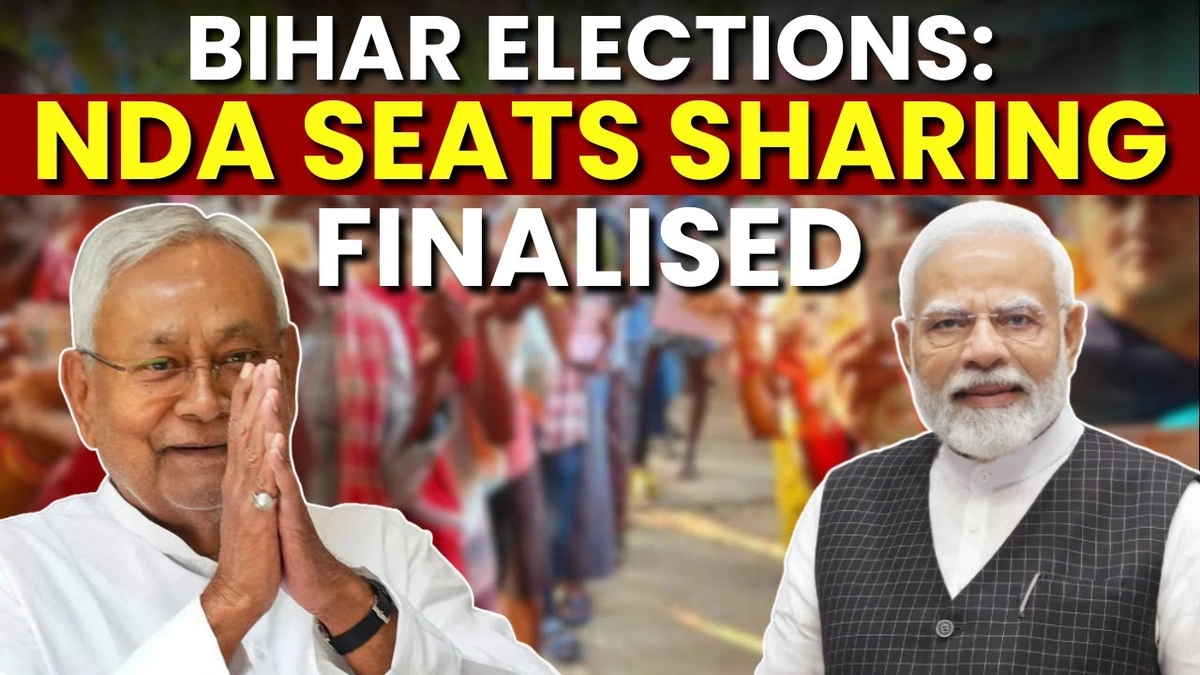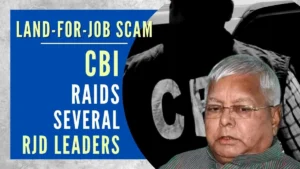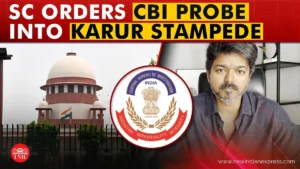CPI urges Election Commission to ensure all eligible voters included in Bihar assembly elections
The Bihar assembly polls are a cornerstone of Indian democracy, a moment where the voices of millions converge to shape the future of the state. But what happens when some voices are left unheard? The Communist Party of India (CPI) is raising a crucial point: are all eligible voters truly included in the electoral rolls? It’s not just a question of logistics; it’s a question of justice, representation, and the very soul of democracy. The Election Commission’s role is paramount, but is it enough? Let’s delve into why this matters, and what the implications are for the upcoming elections.
The Undercurrents of Electoral Inclusion

Electoral inclusion – it sounds straightforward, right? Get everyone registered, let them vote. But here’s the thing: the devil’s in the details. We’re talking about a state as diverse and complex as Bihar, where socio-economic disparities, migration patterns, and even bureaucratic hurdles can leave significant portions of the population disenfranchised. When the CPI urges the Election Commission to act, they’re not just making noise; they’re spotlighting a systemic challenge that can quietly undermine the democratic process. It’s a valid concern when we talk about free and fair elections.
Think about it. A daily wage laborer who moves from village to village in search of work – does he have the necessary documentation? A young woman who gets married and relocates – is her name promptly updated on the electoral roll? These aren’t edge cases; they’re real-life scenarios that affect thousands, maybe even millions. And that’s why the CPI’s call to action resonates. It’s about ensuring that every eligible citizen has the opportunity to exercise their fundamental right to vote. It’s about upholding the integrity of the election process .
Why This Matters | Beyond the Numbers
So, why is this so important, beyond just hitting some arbitrary inclusion target? Because representation matters. When segments of the population are excluded, their concerns, their needs, their aspirations are less likely to be reflected in the policies and priorities of the government. This can lead to a vicious cycle of marginalization, where the already vulnerable become even more so. Ensuring that all eligible voters are included isn’t just about fairness; it’s about building a more equitable and just society. A society that is truly democratic.
And let’s be honest, it’s also about political power. A party that can mobilize and represent a larger share of the electorate has a distinct advantage. The CPI’s advocacy isn’t purely altruistic; they understand that a more inclusive electorate can lead to a more representative outcome, potentially benefiting their own political prospects. But even with that self-interest, the core principle remains: a vibrant democracy depends on the active participation of all its citizens. The connection between voter participation and good governance is undeniable.
The Election Commission’s Balancing Act
Now, let’s turn to the Election Commission. They’re tasked with the monumental responsibility of conducting free and fair elections in the world’s largest democracy. It’s not an easy job. They have to navigate a complex web of laws, regulations, and logistical challenges, all while maintaining impartiality and transparency. Ensuring complete voter inclusion is a key part of their mandate, but it’s a constant balancing act.
They have to contend with issues like: addressing duplicate voter registrations, preventing fraudulent voting, and reaching out to marginalized communities. The EC uses various methods, including voter awareness campaigns, special registration drives, and collaboration with local NGOs, to increase voter enrolment. But these efforts are often hampered by resource constraints, logistical bottlenecks, and a general apathy among some segments of the population. It’s a continuous process that requires constant vigilance and innovation. For example, the Election Commission must remain neutral.
What fascinates me is the sheer scale of the operation. Imagine trying to reach every single eligible voter in a state with a population of over 100 million! It requires a massive network of personnel, meticulous planning, and the effective use of technology. And it all has to be done within a relatively short timeframe, under intense public scrutiny.
The Road Ahead: Challenges and Opportunities for Bihar Assembly Elections
So, what does the future hold? The CPI’s call to action serves as a reminder that the pursuit of electoral inclusion is an ongoing process. There’s no finish line, no perfect solution. It requires a sustained commitment from all stakeholders – the Election Commission, political parties, civil society organizations, and individual citizens. The process to include all eligible voters in the voter list must be transparent.
One area that holds immense potential is technology. Digital tools can be used to streamline voter registration, improve voter education, and enhance the transparency of the electoral process. But it’s crucial to ensure that these technologies are accessible to all, regardless of their digital literacy or access to internet connectivity. Otherwise, we risk creating a new digital divide that further excludes marginalized communities. It’s also important to ensure the voter turnout is representative of the state’s diversity.
But, let’s not forget the human element. Ultimately, electoral inclusion is about building trust and fostering a sense of civic responsibility. It’s about empowering citizens to believe that their vote matters and that their voices will be heard. This requires a concerted effort to address the underlying socio-economic issues that contribute to voter apathy and disengagement. After all, when people feel that the system is rigged against them, they are less likely to participate. The EC must encourage first-time voters to enroll.
CPI’s Impact on Assembly Elections
The CPI’s role in urging the Election Commission to ensure all eligible voters are included is not just a political statement; it’s a crucial intervention in safeguarding the integrity of the democratic process. By highlighting the importance of voter inclusion, the CPI is contributing to a more equitable and representative electoral landscape. This impacts not only the outcome of the Bihar assembly elections but also strengthens the foundations of Indian democracy as a whole. The CPI advocates for fair representation and equal opportunities.
The upcoming Bihar elections will be a crucial test of the Election Commission’s commitment to inclusivity. The world will be watching. Are all voices heard? Will every eligible voter get a chance to cast their ballot? The answers to these questions will determine not only the outcome of the elections but also the future of democracy in Bihar and beyond. The emphasis is on election integrity and voter empowerment.
FAQ Section
Frequently Asked Questions
What specific steps is the CPI asking the Election Commission to take?
The CPI is likely urging the Election Commission to conduct special voter registration drives, particularly in areas with historically low voter turnout, and to simplify the registration process. They might also be asking for increased awareness campaigns and better coordination with local NGOs.
What are some common reasons why eligible voters might be excluded from electoral rolls?
Common reasons include migration, lack of documentation, bureaucratic hurdles, and a general lack of awareness about the registration process. Some people may also be disenfranchised due to outdated address information or duplicate registrations.
How can I check if my name is on the voter list?
You can check the Election Commission’s website (usually the state-specific EC website), visit your local election office, or use voter helpline apps. These resources will allow you to verify your registration status.
What if I find that my name is not on the voter list, even though I am eligible to vote?
You should immediately fill out the necessary registration form (usually Form 6) and submit it to your local election office. Provide all the required documents and follow up to ensure your application is processed.
How can I update my address on the voter list if I have moved?
You will need to fill out Form 8 and submit it to your local election office, along with proof of your new address. Make sure to do this well in advance of the election to ensure your information is updated in time.
What role do local NGOs play in ensuring voter inclusion?
Local NGOs often play a crucial role in raising awareness, assisting with voter registration, and reaching out to marginalized communities. They can also help address issues of voter apathy and disengagement.













